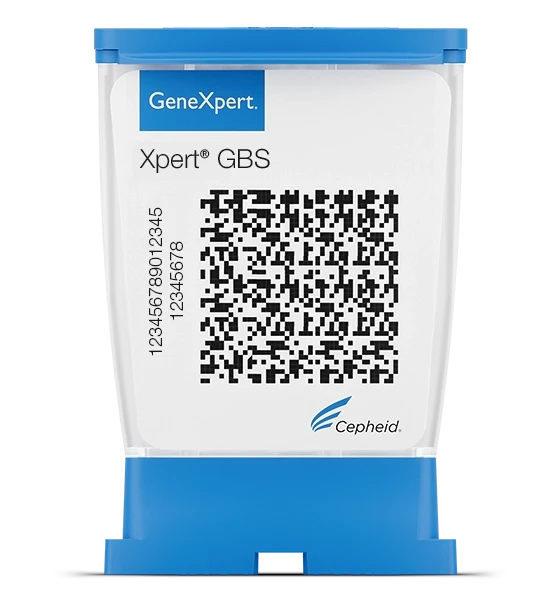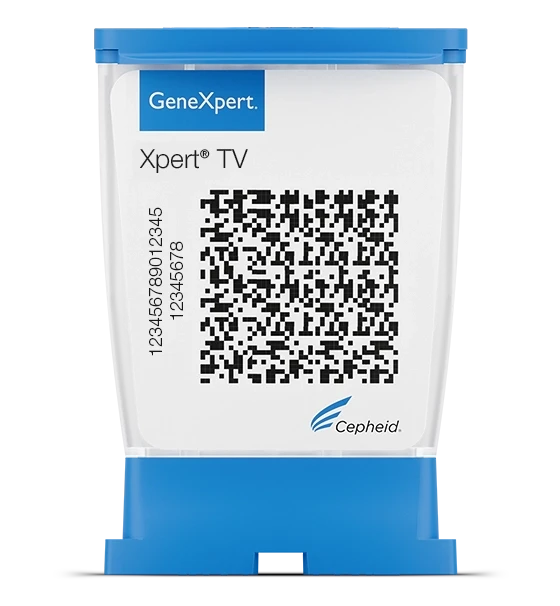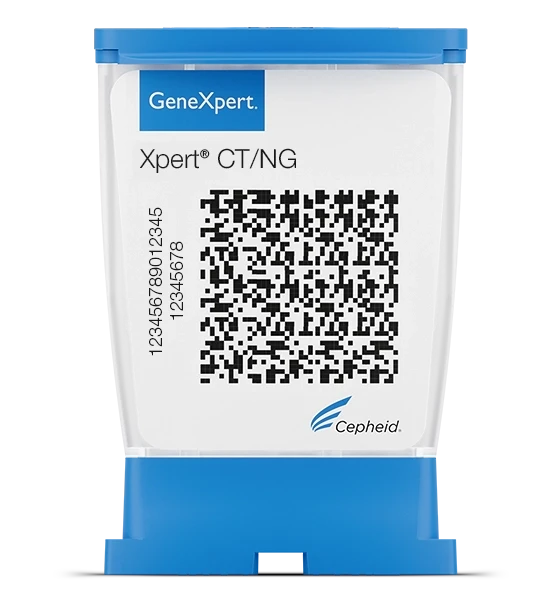prod:prod_dcx-login
Location / Language
Australia (English)
Selected
Belgium (English)
Selected
Canada (English)
Selected
Canada (Français)
Selected
Cyprus (English)
Selected
Czech Republic (English)
Selected
Denmark (English)
Selected
Deutschland (Deutsch)
Selected
España (Español)
Selected
Estonia (English)
Selected
France (Français)
Selected
Greece (English)
Selected
Ireland (English)
Selected
Israel (English)
Selected
Italia (Italiano)
Selected
Latvia (English)
Selected
Lithuania (English)
Selected
Luxembourg (English)
Selected
Netherlands (English)
Selected
New Zealand (English)
Selected
Norway (English)
Selected
Polska (Polskie)
Selected
Portugal (Português)
Selected
Schweiz (Deutsch)
Selected
South Korea (English)
Selected
Suisse (Français)
Selected
Suomi (Suomalainen)
Selected
Sweden (English)
Selected
Switzerland (English)
Selected
United Kingdom (English)
Selected
United States (English)
Selected
Österreich (Deutsch)
Selected

Xpert® GBS
Total
{{currency}}
0
Error adding items to cart. If this error persists, please contact Digital Support
List name
This name already exists.
Please enter between 1-40 characters.
Only alphanumeric characters allowed.
Having trouble? Contact Cepheid Digital Support
Related Products

Xpert TV
The First MolecularTrichomonas VaginalisTest for Both Women and Men
Learn more

Xpert CT/NG
90-minute detection and differentiation of Chlamydia trachomatis (CT) and Neisseria gonorrhoeae (NG)
Learn more
{{ activeIndex }}
-{{visibleSlides[visibleSlides.length - 1] + 1}}
of {{ totalSlides }}



